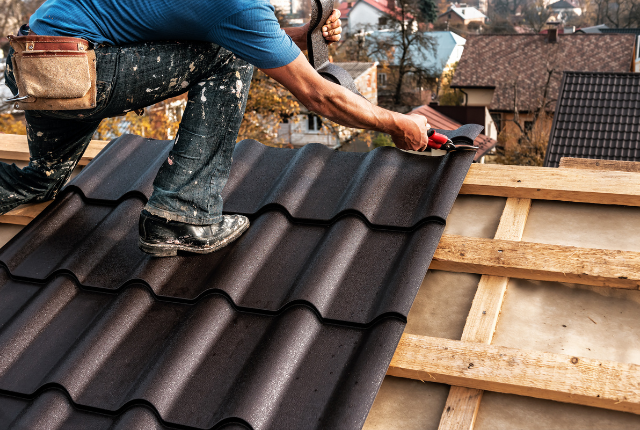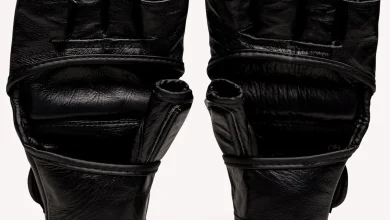A roof is a critical component of any home or commercial building. It provides protection from the elements and helps maintain a comfortable indoor environment. However, even the most well-maintained roofs can encounter unexpected damage or deterioration. In such cases, emergency roofing services in NJ become essential to prevent further damage and ensure the safety and well-being of occupants.
Common Reasons for Emergency Roofing in NJ
New Jersey’s diverse climate, characterized by both harsh winters and hot summers, can put significant stress on roofs. This, combined with the potential for severe weather events such as storms, hurricanes, and hail, can lead to a variety of roofing emergencies. Here are some common reasons why you might need to call an emergency roofer in NJ:
- Storm Damage: Strong winds, heavy rain, and hail can cause significant damage to roofs. This can include missing shingles, punctures, and even partial roof collapse.
- Leaks: Water leaks can lead to interior damage, mold growth, and structural issues. If you notice water stains on your ceilings or walls, it’s a sign of a potential roof leak.
- Tree Damage: Falling trees or branches can cause significant damage to roofs, especially during storms or high winds.
- Fire Damage: Fires can completely destroy roofs or cause severe damage that requires immediate attention.
- Structural Issues: Over time, roofs can develop structural problems such as sagging or unevenness. These issues can compromise the roof’s integrity and lead to leaks or collapse.
- Emergency Repairs: Even minor roof damage can escalate into a major problem if not addressed promptly. Emergency repairs are often necessary to prevent further damage and ensure the safety of your property.
Signs of Roof Damage
It’s important to be able to recognize Flat roof repair NJ the signs of roof damage so that you can take action before the problem worsens. Here are some common indicators of roof problems:
- Leaks: Water stains on ceilings or walls, musty odors, or damp spots on the floor are all signs of leaks.
- Missing or Damaged Shingles: Check your roof for missing or damaged shingles, which can allow water to enter.
- Sagging or Uneven Roof Sections: If you notice that your roof is sagging or uneven, it could be a sign of structural damage.
- Granules in Gutters: A buildup of granules in your gutters can indicate that your shingles are deteriorating.
- Increased Energy Bills: If your energy bills have been rising without a clear explanation, it could be a sign of roof damage. A damaged roof can allow heat or cold air to escape, leading to increased energy consumption.
Choosing an Emergency Roofer in NJ
When faced with a roofing emergency, it’s important to choose a reputable and experienced emergency roofer in NJ. Here are some factors to consider when selecting a roofing company:
- Experience: Look for a company with a proven track record of handling emergency roofing repairs.
- Licensing and Insurance: Ensure that the company is licensed and insured to operate in New Jersey.
- Emergency Services: Verify that the company offers 24/7 emergency services and can respond quickly to your needs.
- Reputation: Read reviews and testimonials from previous customers to get a sense of the company’s reputation.
- Free Estimates: Many reputable roofing companies offer free estimates for emergency repairs.
Preventive Measures
While you can’t always prevent roofing emergencies, there are steps you can take to minimize the risk of damage and reduce the need for emergency repairs. These include:
- Regular Inspections: Have your roof inspected by a professional at least once a year to identify and address potential problems before they become serious.
- Proper Maintenance: Keep your gutters clean and free of debris, and ensure that your roof vents and flashing are in good condition.
- Storm Preparedness: Prepare for severe weather events by securing loose objects and trimming trees that could pose a risk to your roof.
- Quality Materials: When replacing your roof, choose high-quality materials that are designed to withstand the harsh New Jersey climate.
By being aware of the signs of roof damage and taking proactive steps to maintain your roof, you can help to reduce the likelihood of emergency roofing repairs and protect your property from costly damage.





